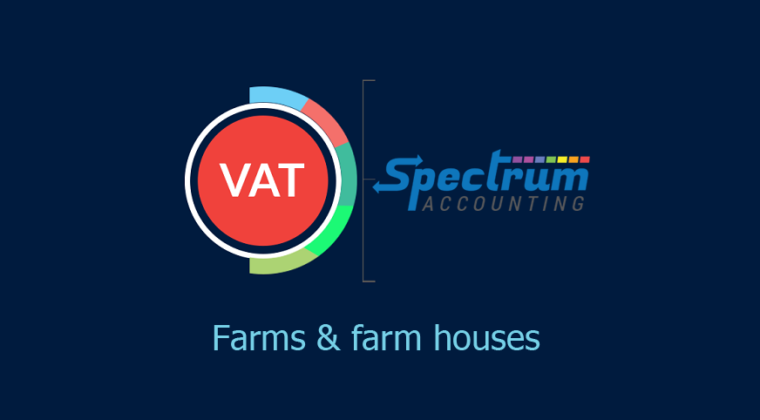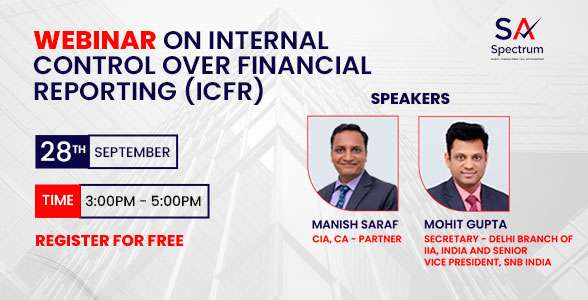Issue
Article 44 of Cabinet Decision No. 52 of 2017 on the Executive Regulations of the Federal Decree-Law No. 8 of 2017 on Value Added Tax (“Executive Regulations”) describes the definition of “bare land” for the purposes of the exemption from VAT set out in Federal Decree-Law No. 8 of 2017 on Value Added Tax (“VAT Law”). Article 37 of the Executive Regulations describes the definition of “residential building” for the purposes of the zero- rating (in respect of the first supply) and the exemption from VAT as set out in the VAT Law. The VAT Real Estate Guide provides some clarity on the interpretation of these provisions in the context of farm houses and farm land. The FTA is aware of a number of circumstances whereby additional clarity has been sought on the VAT status of farm houses and farm land
Summary
It is often necessary to consider each supply on its individual facts where farm land and buildings are concerned. However, there are a number of principles which can be applied when discussing the VAT treatment of supplies (by way of sale or lease) of both farm land and farm buildings:
Farm houses which meet the conditions to be treated as a residential building should be exempt from VAT (or zero-rated in the case of the first supply after construction). A building will typically be a residential building where it is occupied by a person as their principal place of residence; Other farm buildings not intended to be used as a principal place of residence will be subject to the standard rate of VAT. This would include farm houses which are not used by a person as their principal place of residence, e.g. houses used as weekend homes only;
Farm land which is considered ‘covered’ with buildings or civil engineering works should be subject to VAT at the standard rate;
Farm land which is considered ‘bare land’, i.e. the plot has no buildings or civil engineering work (not even in-built irrigation etc), should be exempt from VAT; and
The supply of a farm as a whole should be considered in light of the rules regarding composite or mixed supplies and any consideration apportioned appropriately where applicable
Detailed discussion
Farm houses
The VAT Real Estate Guide explains that where farm houses are located on agricultural land, they will be considered to be residential buildings where they are occupied, or intended to be occupied, as a person’s principal place of residence and meet the conditions to be treated as a residential building. In accordance with the Executive Regulations and the explanation provided within the VAT Real Estate guide, a farm house shall not be considered to be a residential building where it is Any place that is not a building fixed to the ground and which can be moved without being damaged;
Any building that is used as a hotel, motel, bed and breakfast establishment, or hospital or the like;
A serviced apartment for which services in addition to the supply of accommodation are provided;
Any building constructed or converted without lawful authority.For example:
Where a farm house is used as a weekend home of a family, it is not to be the principal place of residence and therefore is not a residential building.
Where a part of a farm house is used solely as a principal place of residence of a person, and another part of the farm house is used as a motel, the part of the house which is used as a principal place of residence may qualify as a residential building, provided the other conditions are met.
Where a farm house meets the definition of a residential building, the first supply of such a farm house within 3 years of its completion shall be zero-rated for VAT purposes. Any subsequent supply (including both sale or lease) shall be exempt from VAT.
Other farm buildings
Where buildings are situated on agricultural land which do not meet the conditions above, they shall be treated as commercial buildings. For example, a farm house may be used as a non-principal place of residence of a person (e.g. only used on weekends), or a building may be used for a commercial farm-related purpose (e.g. barns, livestock sheds, granaries, stables etc. As a result of being considered to be commercial buildings, the lease or sale of such farm buildings should be subject to VAT at the standard rate.
Commercial farm land
The VAT treatment of the supply of plots of farm land, e.g. fields etc, on which no buildings are situated, is dependent on whether the land is considered to be “bare land” for the purposes of Article 44 of the Executive Regulations. As a result, it is important that each supply is considered on its own individual facts in order to determine the correct VAT treatment.
The VAT Real Estate Guide clarifies that farm land will normally be considered to be commercial land, i.e. not “bare” land, as it will normally be covered with infrastructure or civil engineering works
required to make it operational as a farm e.g irrigation systems, roads, utility connections etc.
Farm land which has been developed to this degree would normally be expected to be used for commercial purposes i.e. the operation of a farming business. As such, the supply of any such commercial farm land would be subject to VAT at the standard rate.
Non-commercial farm land
Land which is not used for commercial farming activities, but which is used for private farming purposes such as the growing of crops or grazing for livestock, may also qualify as ‘commercial’ farm land if it is covered by completed or partially completed buildings or civil engineering works.
Where such farm land is not ‘covered land’ and has merely been ‘developed’ or ‘worked’ for the purposes of growing crops, with no civil engineering works built into the land in order to facilitate that activity, then it is likely the land should be considered to be bare land. In such cases, the supply of the farm land by way of either sale or lease should be exempt from VAT.
Supply of a farm
The VAT treatment of a supply of a farm as a whole, comprising both commercial land, commercial buildings and residential buildings, should be considered on the basis of whether it is a single composite supply (and therefore subject to the VAT liability of the principal component), or whether it is a mixed supply (and therefore the individual components are subject to different VAT treatments). In order to determine the correct VAT liability, each case will need to be considered on a case by case basis because the fact patterns will differ. Specifically, the supplier is expected to identify the following:
Whether the supply is a single composite supply or multiple supplies; and The VAT treatment of each supply being made.
Where a supplier is making a single composite supply of a farm where different elements of the taxable purposes, the supplier may need to identify the predominant usage of the farm and apply that VAT treatment to the whole supply. Again, this determination needs to be made on a case by case basis. For example:
If the main use of a farm is as a principal place of residence of a family, with the farm land being used for personal enjoyment of the family, the supply of a residential building would likely be the predominant purpose and therefore the whole supply would be exempt from VAT. If a commercial farm has a residential building which permanently accommodates the manager of the farm and his or her family, the use of the farm for commercial purposes would use of the farm for commercial purposes would likely be a main component of the supply, and therefore the sale would in principle be subject to VAT. As explained in the VAT Real Estate Guide where a farm is supplied which is not considered to be a single composite supply, the VAT liability should be apportioned. An indicator that the supply is not a single composite supply could be the separate identification of prices for different parts of the farm, specified in the sale contract. This would mean that the value of the consideration received for the residential part of the farm (i.e. a farm house) should be treated as exempt from VAT and the value of consideration relating to the
commercial part of the farm (i.e. covered land, commercial buildings) should be treated as standard rated.
For more info visit Federal Tax Authority website
For VAT registration and VAT filing visit our Services page



 contact us
contact us